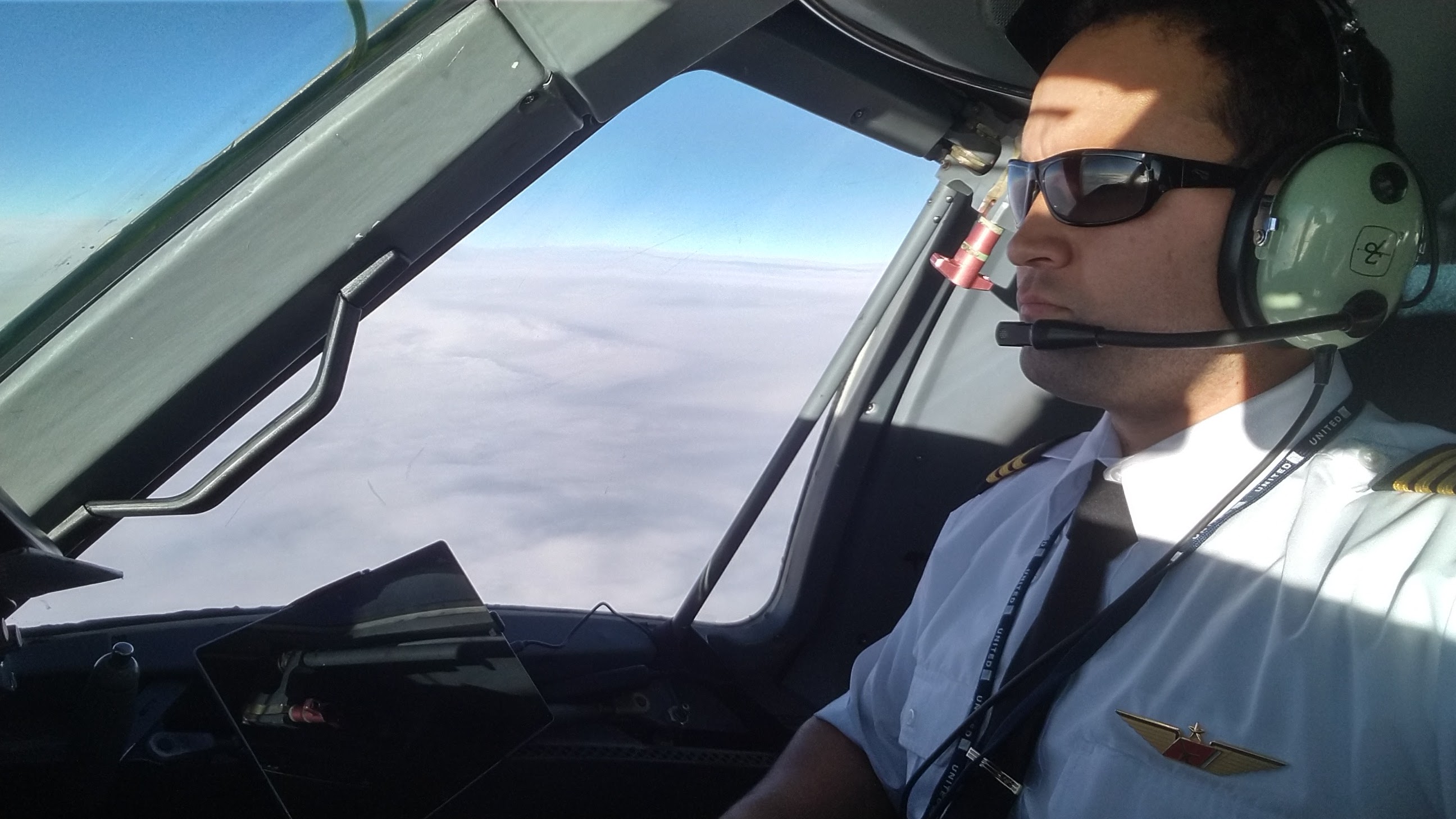WHY ATC COMMUNICATION PRACTICE MATTERS
ATC communication practice matters because it means more mistakes on the ground and less in the air. When you fly you want to focus on flying a plane not on communications...especially if English isn't your first language.
Let's look at how you can become a better aviator by practicing air traffic control communication with your instructor…or at least with yourself!
Improves Aviation-Specific
English Skills
There are many ways that you can benefit from ATC communication practice. They include
- getting used to aviation English (a big one!)
- learning standard phraseology
- improve listening and comprehension
and all of this in a controlled setting
Aviation English has a unique
vocabulary and structure
To become a commercial pilot you must also speak like one.
This means learning the vocabulary, structure and context that is used in an air traffic control environment.
For vocabulary you'll spot things like "request taxi" or "runway vacated" used in aviation are not used often in other settings.
You'll also need to practice the structure for example: "ATC ground, Cessna 172 Super, request taxi" instead of "yeah...this is Cessna 172 and we'd like to taxi if that's okay with you, ATC ground."
...right?
internalize standard phraseology
Practicing ATC communication helps students learn and internalize standard phraseology, reducing the need to translate from their native language.
The more you say it the more you dont have to think about saying it. Understand?
Builds Listening and Comprehension
 Master ATC communication practice so that you can focus on looking cool while flying.
Master ATC communication practice so that you can focus on looking cool while flying.ATC is sometimes difficult to understand...mainly because of the accent or the speed at which the controller is communicating. This can also be because the instructors or information is so unexpected that we are lost as to what is being said.
For example you are downwind getting ready to turn base. Suddenly the air traffic controller tells you that a flock of birds has been reported and that you must widen your downwind leg.
Flock of birds? Widen the downwind leg? If you are having difficulties with the English and not familiar with these words then you will not comprehend them.
This is why it is better to have ATC communication practice so that new terms like this will not catch you off guard.
Real-world ATC transmissions can be fast, with background noise and varied accents
Did you know that there is now ICAO standard for the English accent? If you speak with an Australian controller or an Indian controller you will be listening to two different versions of English.
To help you mitigate that it is good to have atc communication practice to prepare you for these difficulties.
Check out how this looks in real life
Regular exposure trains students to understand quickly and accurately, especially under pressure
Speaking in pilot phraseology is a skill. Like any skill it requires practice. The more your practice the better you will be. This will then make you able to speak ATC English without having to think about it.
When under pressure as a pilot in an ATC environment the more you have practiced the better you will be. For more on ATC radio communications click on the link.
Enhances Speaking Fluency
and Confidence
One thing that a pilot needs is confidence. If you are confident in your ATC communication that it will increase or maintain your confidence in your flying.
What's more - being fluent will make your job speaking to air traffic controllers a lot easier. Yes there is no actual ICAO English accent but speaking fluently will help others understand you.
Even better - grab this ATC communication script and you'll be on your way,
get used to speaking clearly and concisely
As you do ATC communication practice with others they will point out the difficulties they have with listening to you. This alone will help you improve your English because you will catch the bad habits early and can adjust.
Frequent repetition of
standard phrases builds automaticity
The more you practice something the more it becomes something you say normally. When you are in an ATC practice environment you can repeat ICAO phrases which helps you get better.
This takes the work from your brain so that you can do this next thing.
Promotes Situational Awareness
Again the more you commit to ATC communication practice the more you can focus on situational awareness.
More than just allowing you to understand what is happening you also get to avoid misunderstandings. Use this ATC communication script to help yourself out.
Reduces Miscommunication Risks
Misunderstandings in aviation can lead to safety issues. One of the biggest reasons for aircraft incidents is miscommunication. This can happen either inside or outside the aircraft.
Approximately 70% of accidents and 10% of incidents are due to miscommunication. So what does that mean? Being aware of the dangers of miscommunication can do more than just make you a better pilot...it can keep you alive!
let's do some atc
communication practice
ATC communication practice will help you become a better pilot as we have seen. Sign up below and we can do some ATC communication practice and evaluate your situation.